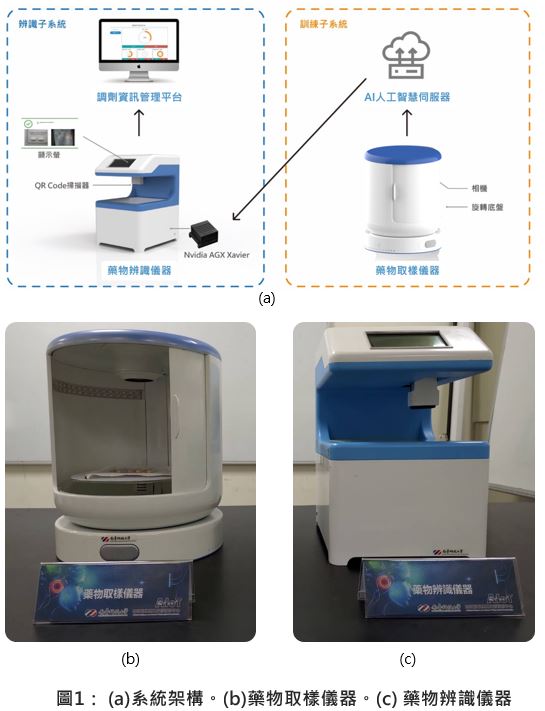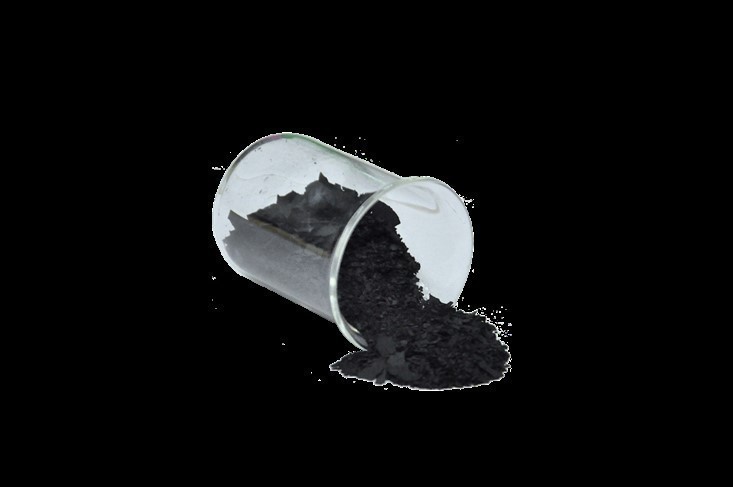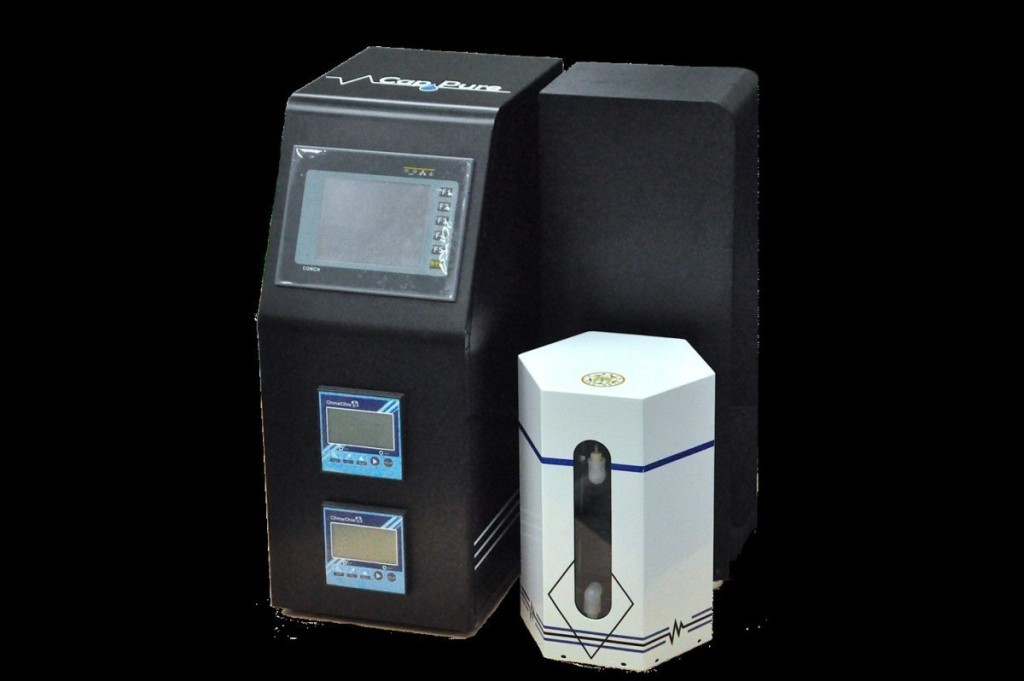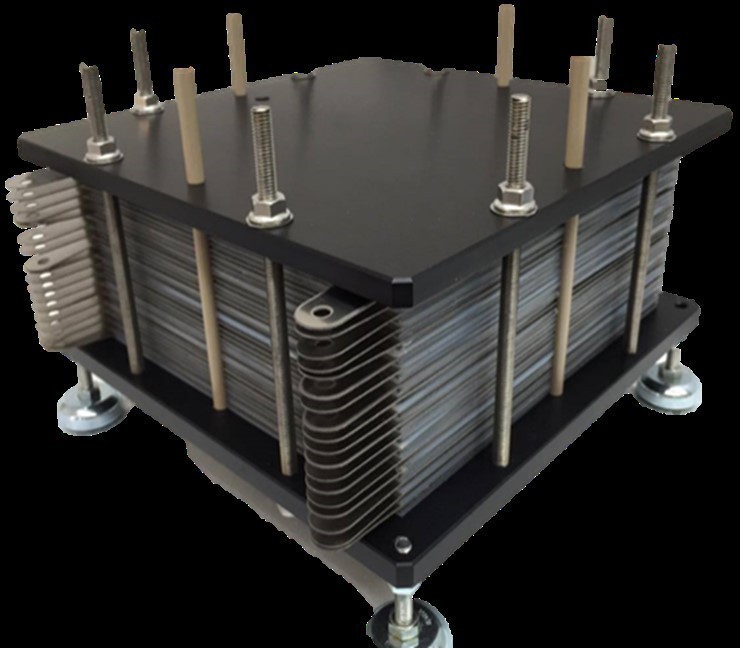| Technical Name | Capacitive deionization technology: water purification and desalination | ||
|---|---|---|---|
| Project Operator | National Taiwan University | ||
| Summary | Capacitive deionization (CDI), referred to as capacitive electrosorption, is a promising technology for water purification and desalination. By imposing an electric field on a pair of highly porous carbon electrodes, ions can be removed from water and thereby, the purified water can be delivered. CDI has several advantages such as low energy input, high water recovery, low fouling potential, direct energy recovery, and environment friendliness. Additionally, CDI shows a high potential for capacitive applications, such as desalination of brackish water, water softening, water reuse, removal of heavy metals and groundwater reclamation. |
||
| Scientific Breakthrough | Capacitive deionization (CDI) is a promising technology for water purification and desalination. CDI can be widely applied in the many fields, including domestic water purifiers, arsenic-contaminated groundwater remediation, high-tech industrial water purification system, industrial wastewater treatment systems and, water reuse systems. Following the same working principle of electric double-layer supercapacitors, CDI can be operated at a low pressure (0.2~0.3 MPa) and a low voltage (0.8~1.2 V). Therefore, the operation advantages of CDI have low energy input (< 0.5 kWh/m3), high water recovery (70~90%), low fouling potential, no secondary pollution, and environment friendliness. In CDI, ions can be removed from water by imposing an electric field on a pair of highly porous carbon electrodes during the charging step. Herein, the salt removal efficiency can be controlled between 50% to 90% via manipulation of CDI stack, in which the electrodes are connected in series. At the same time, a high water recovery ranging from 70% to 90% can be obtained. After the saturation, the electrodes can be regenerated at short-circuit mode. Note that direct energy recovery can be achieved by incorporating with a supercapacitor. We can recover almost 40% of stored energy from the desalination of brackish water. Note that activated carbons can be considered as the most cost-efficient electrode material for CDI applications. Especially, activated carbon can be derived from biomass recovery resources. Furthermore, CDI show advantages of low environmental impacts and energy demand along with a global warming potential of 1.43 Kg CO2 eq, which is 40% lower than that of reverse osmosis. |
||
| Industrial Applicability | 1.水淡化與脫鹽 (如:海水淡化、水再生利用) |
||
other people also saw







